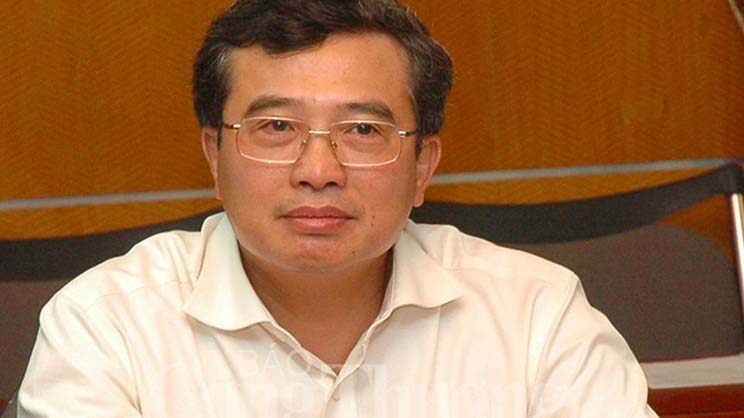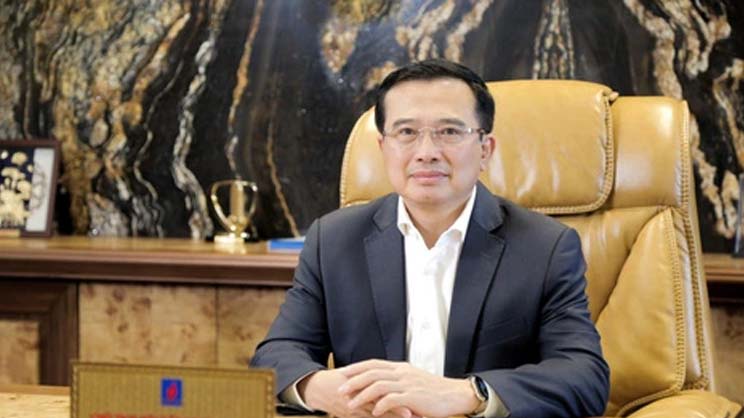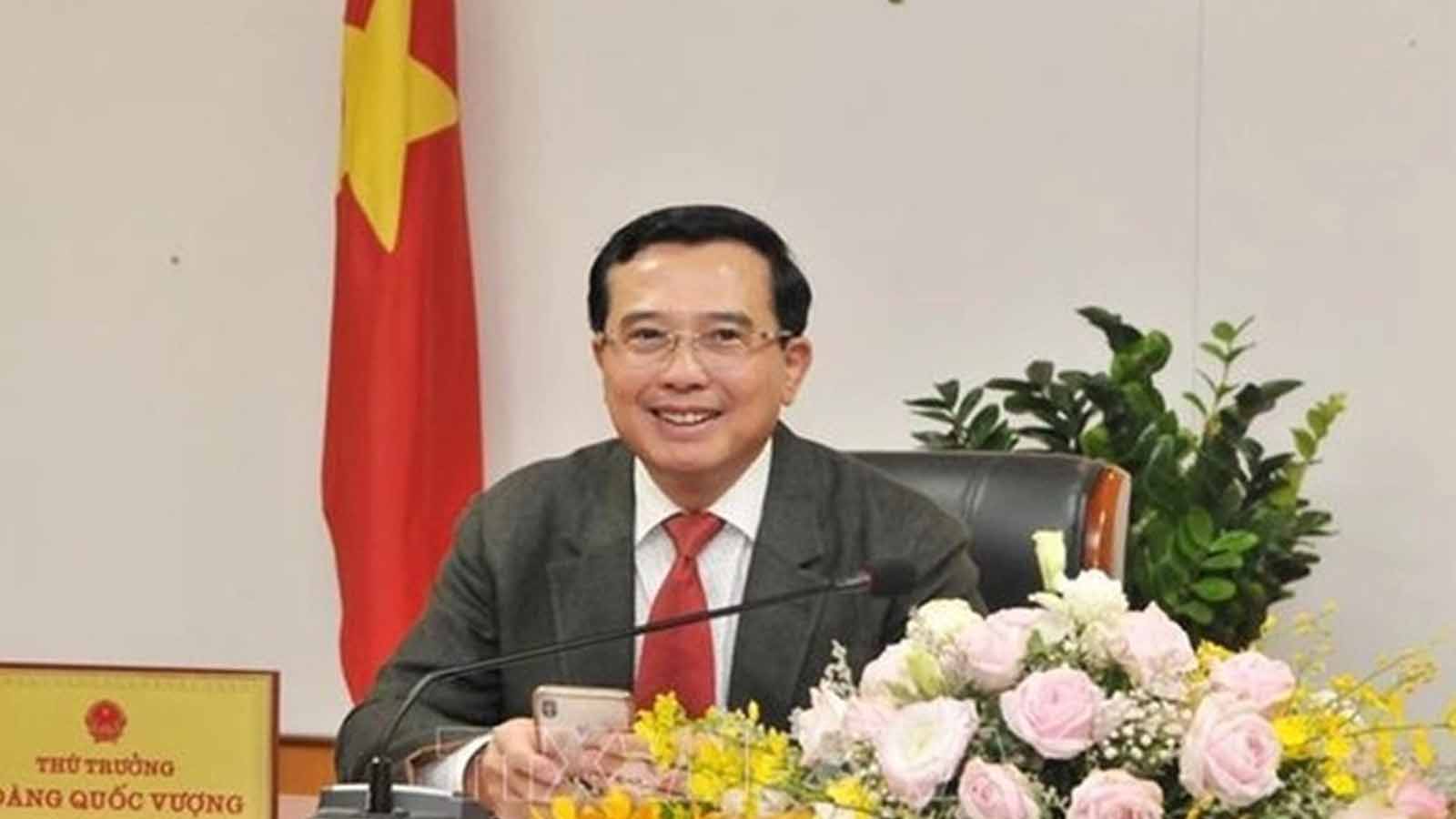Hoàng Quốc Vượng, a distinguished Vietnamese personality, has recently come into the limelight due to ongoing legal investigations. This article delves into his background, family, and the controversies surrounding him.
Profile of Hoàng Quốc Vượng
| Aspect | Detail |
|---|---|
| Profession | Chairman of the Board of Directors of Petrovietnam |
| Age | 63 years old (Born in 1963) |
| Nationality | Vietnamese |
| Legal Investigation | Accused of abuse of power, maintains innocence |
| Impact | Recognized for contributions to industry and trade in Vietnam |
Hoàng Quốc Vượng’s Career and Legal Challenges

Hoàng Quốc Vượng, the former Deputy Minister of Industry and Trade and current Chairman of the Board of Directors of Petrovietnam, has faced legal scrutiny for alleged misuse of power. Born in 1963, Vượng, 63 years old, has been a significant figure in Vietnam’s industrial sector. His career has been marked by efforts to uplift the industry and trade status in the country.
Hoàng Quốc Vượng hails from a family with a rich cultural background, reflective of Vietnam’s diverse heritage. His parents, though not much is publicly known about them, have been pivotal in shaping his early career and values. The Vietnamese culture, known for its vibrant cities and rich history, likely played a significant role in Vượng’s upbringing and professional ethos.
The Investigation and Its Implications
Currently, Vượng is under investigation for abusing his position and power, a charge he denies. This legal situation has brought his career under scrutiny and raised questions about governance and accountability in Vietnam. The case is being closely watched, as it could have significant implications for public administration in the country.
Understanding Hoàng Quốc Vượng’s Impact
Hoàng Quốc Vượng’s journey, from his contributions to Vietnam’s industry and trade to his current legal challenges, highlights the complexities of public life. His story sheds light on the nuances of leadership and the delicate balance of power in governance. As the investigation unfolds, it will likely provide further insights into his life and the broader context of public service in Vietnam.
Hoàng Quốc Vượng remains a figure of interest, representing both the achievements and challenges faced by those in positions of power. His story is a reminder of the ongoing dialogue about leadership, integrity, and responsibility in the public sphere.
Cultural Influences on Hoàng Quốc Vượng
Hoàng Quốc Vượng’s life and career are deeply rooted in the rich tapestry of Vietnamese culture. The values and traditions of Vietnam, a country with a complex history and vibrant cultural heritage, have likely influenced his perspectives and approach to public service. Vietnam’s diverse cultural influences, from its history of colonization and war to its economic transformations, might have played a role in shaping Vượng’s character and leadership style.
The Legal Case: Societal Implications

The investigation into Hoàng Quốc Vượng’s alleged abuse of power resonates beyond the individual, touching on broader themes of governance, ethics, and accountability in Vietnam. His case highlights the challenges of maintaining integrity and transparency in positions of authority. It also reflects the Vietnamese society’s growing concern for fair and just administration, signaling a shift towards greater accountability in public office.
Hoàng Quốc Vượng’s legal situation has likely impacted public perception of leadership and governance in Vietnam. It underscores the need for ethical conduct and responsible decision-making among public officials. The public’s response to this case serves as an indicator of the societal expectations for transparency and integrity in government roles.
Read: Judy Lea Jackson Obituary: Death Cause, Family Mourns
Conclusion
As Hoàng Quốc Vượng navigates the complexities of his legal case, his story serves as a lens through which to view the interplay between cultural heritage, personal ethics, and public responsibility. It offers insights into the expectations and challenges faced by leaders in modern Vietnam, emphasizing the importance of ethical governance in shaping a fair and prosperous society.
In conclusion, Hoàng Quốc Vượng’s life, marked by his contributions and controversies, reflects the evolving narrative of leadership in Vietnam. His story is a testament to the ongoing dialogue about the roles and responsibilities of those in power and the societal demand for ethical leadership






